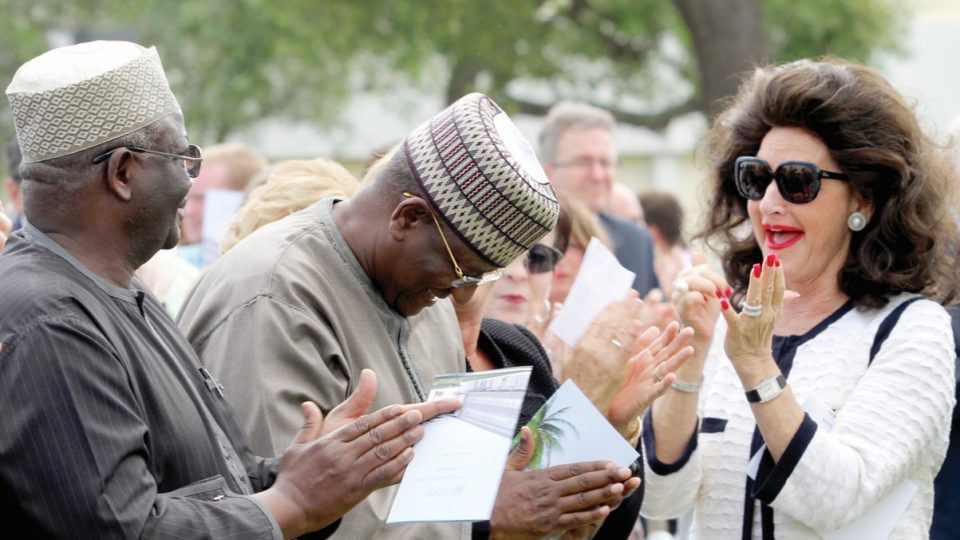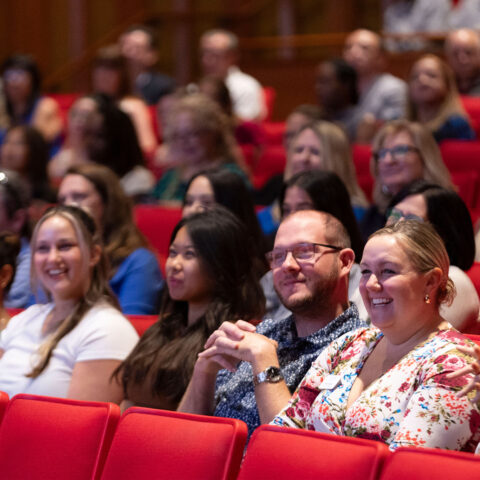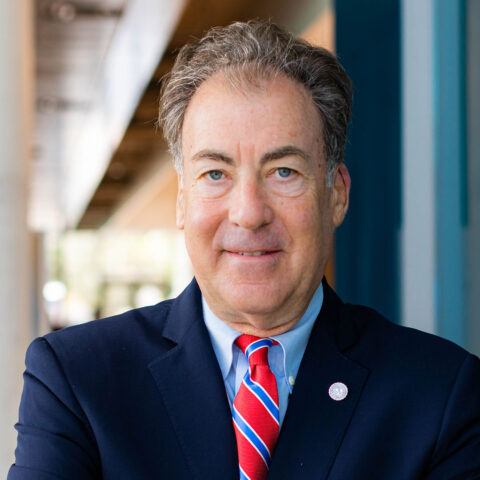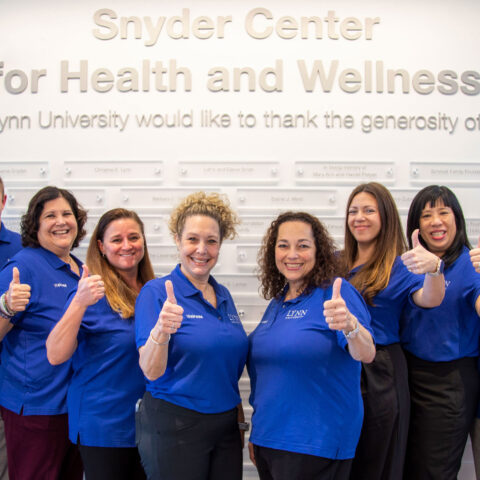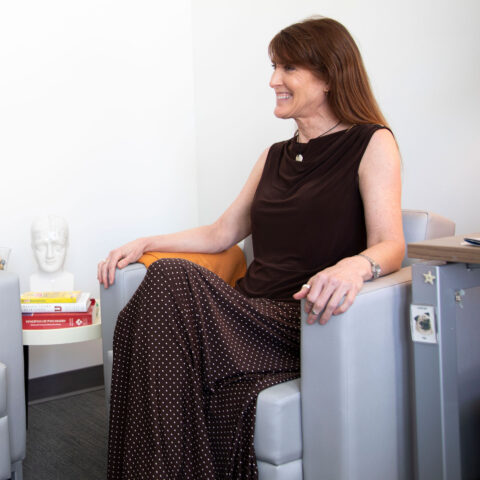The science of generosity (yes, it’s a thing) proves what ancient tradition and kindly grandmas have been saying for centuries: Doing good is good for you.
“Generosity does not work in a zero-sum, win-lose way,” wrote Notre Dame sociologists Christian Smith and Hilary Davidson in The Paradox of Generosity: Giving We Receive, Grasping We Lose. Philanthropy is actually win-win: The more generously people give of themselves, the more they receive in return.
This benefit is most striking—and measurable—when it comes to the health of the giver. Generosity increases feel-good hormones (serotonin, dopamine and oxytocin) and reduces cortisol, the stress hormone. Studies using an MRI showed the “reward system” of the brain activated when subjects made charitable donations, at the same level as if they had won a monetary award for themselves.
Those who regularly donate a percentage of their income report lower levels of fatigue and depression. They also report being in excellent health at a much higher rate than those who do not give.
Generous people seem to live longer, too. A Berkeley study found older adults who never donate and never volunteer are twice as likely to die as more generous people of the same age.
Should Lynn donors take these findings to heart?
Absolutely, said Ann Crawford, professor of psychology. Serotonin kicks in when a person performs an act of kindness, but the reverse is true, too.
“When an individual withholds kindness, the feelings of guilt or remorse could respond with a lowering of their serotonin levels, thus lessening their ‘good’ feelings.”
So go ahead, be generous. You’ll feel better.
Give well
Make it a practice. One-time random acts of kindness do not generate the same health and emotional benefits as a pattern of generosity.
Make it meaningful. Support a program, scholarship or building on campus that is significant to you or someone you love.
Make gifts of all your resources. Donating money provides that bidirectional benefit, but so does sharing your time, encouragement and expertise with Lynn students.
